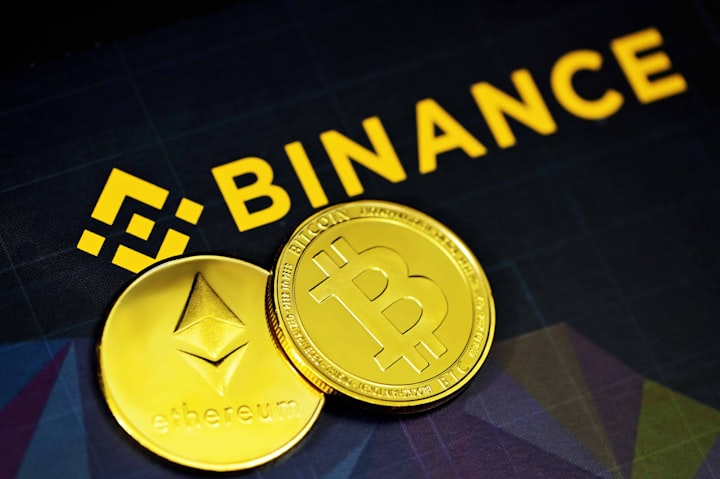Safeguarding Investor Interests
Why Banning Binance is a Step Backward

Introduction
In recent times, there have been discussions and debates surrounding the Nigerian government's consideration of banning Binance, one of the world's leading cryptocurrency exchanges, from operating within its borders. While it is crucial to address any concerns regarding the regulatory framework and consumer protection, a complete ban on Binance would be a step backward for Nigeria. This article aims to shed light on the reasons why banning Binance would have detrimental effects on Nigeria's economy, technological advancement, financial inclusion, and global competitiveness.
1. Economic Growth and Investment Opportunities
Binance's presence in Nigeria has contributed significantly to the country's economic growth and investment opportunities. By allowing individuals and businesses to trade and invest in cryptocurrencies, Binance has attracted foreign direct investment, stimulating job creation, and fostered entrepreneurship. Banning Binance would not only hinder the growth of the cryptocurrency market in Nigeria but also discourage potential investors from participating in the country's digital economy.
2. Technological Innovation and Adoption
Binance represents a crucial pillar of technological innovation and adoption in Nigeria. Cryptocurrencies and blockchain technology have the potential to revolutionize various sectors, including finance, supply chain management, healthcare, and governance. Binance provides a platform for Nigerian developers, startups, and entrepreneurs to explore and implement blockchain solutions, fostering technological advancements that can address societal challenges. A ban on Binance would stifle innovation and hinder Nigeria's progress toward becoming a technology-driven economy.
3. Financial Inclusion and Access to Global Markets
Binance plays a significant role in promoting financial inclusion and providing access to global markets for millions of Nigerians. Traditional banking systems often exclude large segments of the population, particularly the unbanked and underbanked. Binance's user-friendly interface and low entry barriers enable individuals to participate in the digital economy, access investment opportunities, and safeguard their financial assets. Banning Binance would impede financial inclusion efforts and deny Nigerians the chance to become active participants in the global financial landscape.
4. Regulatory Framework and Consumer Protection
While concerns about regulatory oversight and consumer protection are valid, banning Binance is not the optimal solution. Instead, the Nigerian government should focus on implementing robust regulations that ensure transparency, security, and investor protection within the cryptocurrency industry. Collaborative efforts between Binance, regulators, and relevant stakeholders can lead to the development of effective regulatory frameworks that balance innovation and consumer safeguards.
5. Education and Awareness
Binance has played an instrumental role in educating Nigerians about cryptocurrencies, blockchain technology, and financial literacy. Through its initiatives, such as educational webinars, conferences, and local partnerships, Binance has empowered individuals with the knowledge and skills necessary to navigate the digital asset ecosystem. Banning Binance would sever this valuable source of education and awareness, leaving a void in the understanding and adoption of cryptocurrencies in Nigeria.
6. Cross-Border Trade and Global Competitiveness
Nigeria is part of a global marketplace, and its competitiveness depends on its ability to embrace emerging technologies. Binance facilitates cross-border trade by providing a platform for international transactions, enabling Nigerian businesses to access global markets and attract foreign investment. By banning Binance, Nigeria would isolate itself from the growing global digital economy, limiting its competitiveness and missing out on opportunities for economic growth and collaboration.
Conclusion
The potential ban on Binance in Nigeria would be a regressive move with far-reaching negative consequences. Banning Binance would impede economic growth, hinder technological innovation, limit financial inclusion, and hamper Nigeria's global competitiveness. Instead of a ban, the government should focus on formulating comprehensive regulations that protect consumers, foster innovation, and ensure a level playing field for all stakeholders. Collaboration between Binance, regulators, and the Nigerian government can lead to the development of a robust framework that embraces.





Comments (1)
Hello my people, what do you feel about this piece of writing? I want to know your thoughts. Do you agree with me that Binance should be employed in Nigeria's economic discourse?... I'd like to get contrary views as regards this issue.